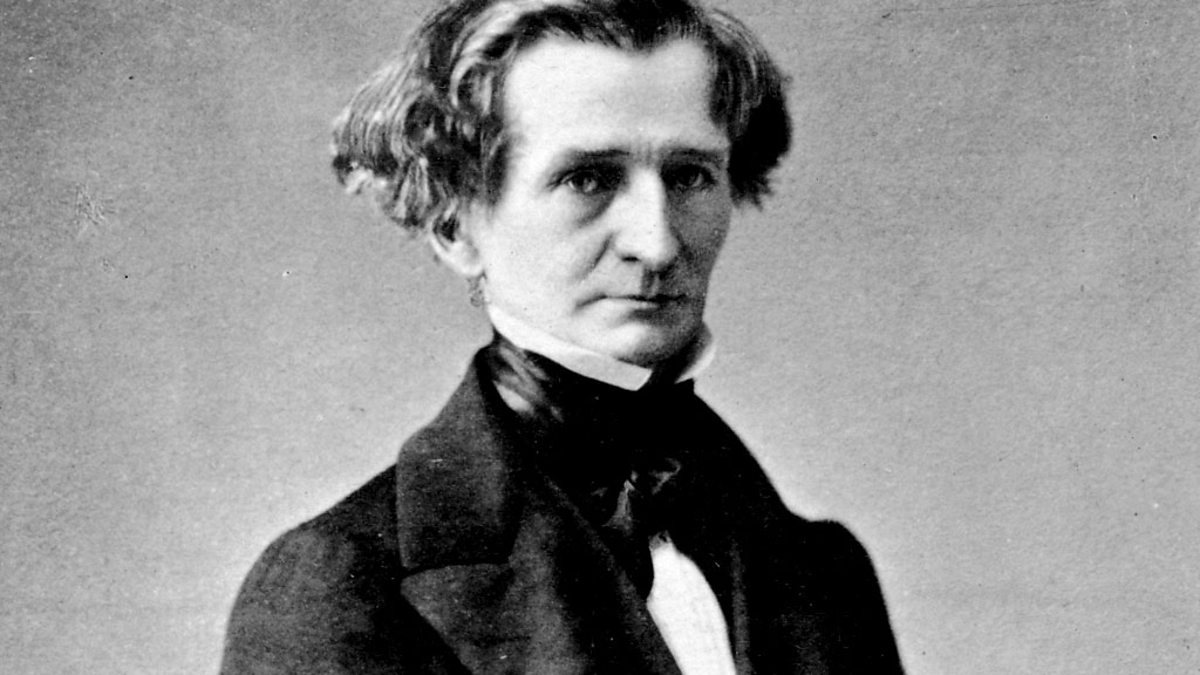James Ehnes’ New Vivaldi Recording
Vivaldi’s Four Seasons may be the most recorded piece ever written, but that doesn’t mean there isn’t room for another great new addition to the catalogue. The newest contribution comes from Canadian-born violinist James Ehnes who has just released a Four Seasons disc with the Sydney Symphony Orchestra on the Onyx Classics label. It’s always fun to hear different approaches to these famous Vivaldi concertos, some using baroque instruments and performance practice. Here, you’ll hear a …




